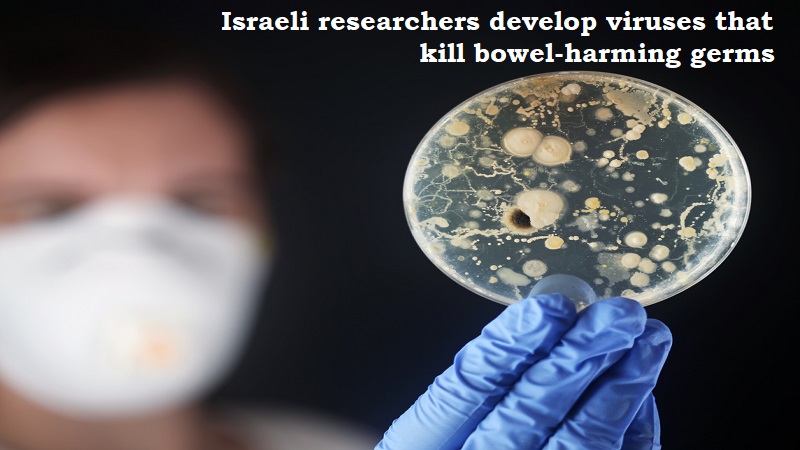
To treat intestinal disorders, Israeli researchers are working to develop a ‘precise weapon’ consisting of viruses that can kill germs. Two distinct virus ‘cocktails’ have been the subject of phase 1 clinical investigations; preliminary results indicate that they are safe, and extensive in vitro and animal testing indicates that they are antibacterial.
The virus greatly reduced the number of Klebsiella pneumoniae, a bacterium that is common in the stomachs of people with Crohn’s disease and ulcerative colitis, according to peer-reviewed research that was published in the journal Cell.
The notion of phage therapy, also known as bacteriophage therapy, is not new and was the focus of intensive study in the early 20th century. Antibiotics were developed, and efforts to employ viruses in clinical settings were mostly abandoned before any notable achievements, but researchers kept using phages in experimental settings.
Concerns over bacteria that are resistant to antibiotics have recently sparked a rise in interest in possible phage treatments. None of the phage therapies are now in widespread use, although some researchers have hypothesised that they might provide a solution to the problem. As part of the Weizmann study, researchers examined the microbiomes of individuals with Crohn’s disease and ulcerative colitis to identify which bacteria would be advantageous to combat.
The phages will now undergo more clinical testing to see if they can combat bacteria and enhance health in a real-world setting. The Weizmann Institute researchers hope to develop them into drugs that either treat Crohn’s disease and ulcerative colitis or perhaps even shield patients with high Klebsiella pneumonia levels from developing the conditions in the first place.

Post Your Comments